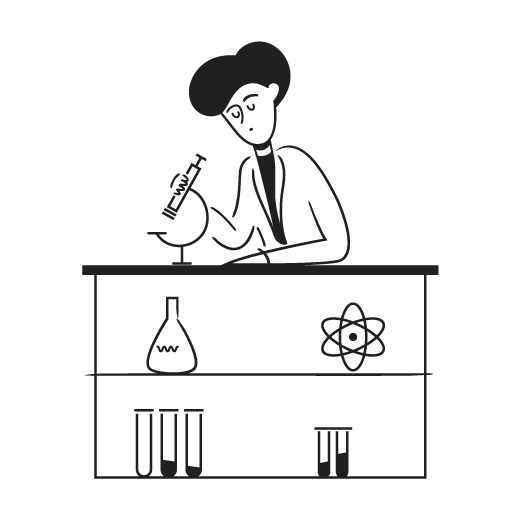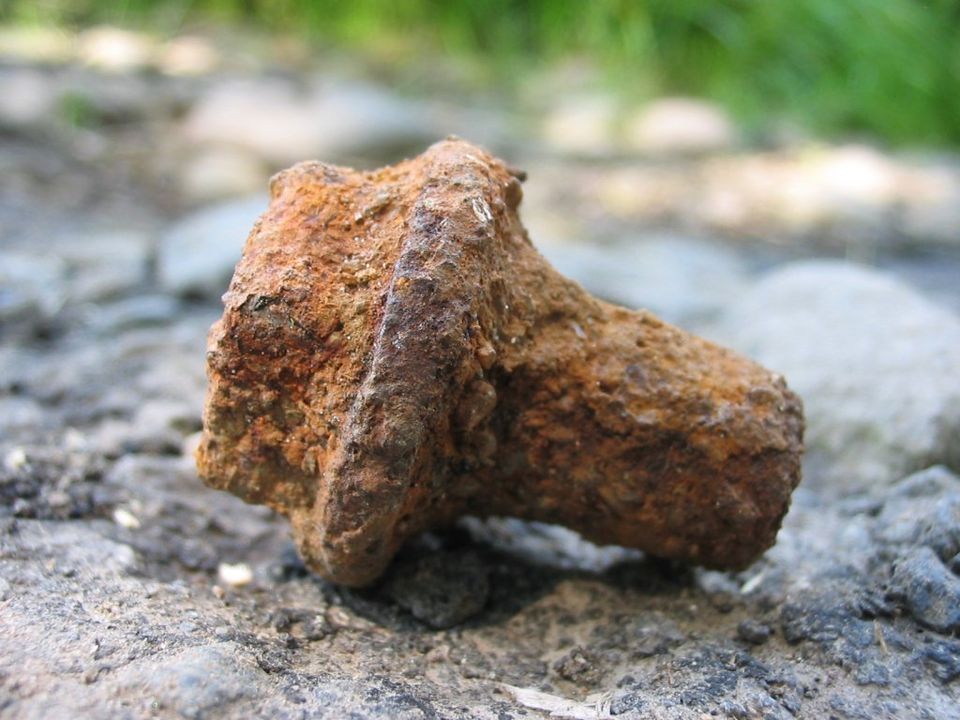
Basic knowledge of chemistry
138 other teachers use this template
Subjects
Basic knowledge of chemistry

Oxidation

Source: Wikipedia
Have you ever noticed how a shiny, new bicycle left outside in the rain starts developing a reddish-brown coating? This process, commonly known as rusting, is a classic example of oxidation. Oxidation is a chemical process where a substance combines with oxygen or loses electrons.
Oxidation can be defined as the process in which a substance loses electrons or gains oxygen. This is part of a larger set of reactions known as redox (reduction-oxidation) reactions. In these reactions, while one substance gets oxidized (loses electrons), another gets reduced (gains electrons).
The underlying theory of oxidation involves the transfer of electrons between substances. When a substance undergoes oxidation, it loses electrons and increases its oxidation state. This electron transfer is what causes the chemical changes we observe.
A common example of oxidation is the rusting of iron. When iron (Fe) reacts with oxygen (O₂) in the presence of water, it forms iron oxide (rust). In this process, iron atoms lose electrons to oxygen atoms:
- Iron loses electrons and becomes oxidized.
- Oxygen gains electrons and becomes reduced.
Another example is the browning of fruits like apples. When an apple is cut, the exposed surface reacts with oxygen in the air. This reaction is facilitated by enzymes in the apple, leading to the formation of brown pigments.
In everyday life, oxidation has many practical applications and implications. For instance, the combustion of fuels in cars and power plants is an oxidation process where fuels (like gasoline) react with oxygen to release energy, carbon dioxide, and water. This energy powers our vehicles and generates electricity.
Industrially, oxidation processes are crucial in various fields. For example, in the production of metals, ores are often oxidized to extract pure metals. The oxidation of sulfide ores results in the production of sulfur dioxide, which can be further processed into sulfuric acid, an important industrial chemical.
The key concepts related to oxidation include:
- Oxidizing Agent: A substance that causes oxidation by accepting electrons.
- Reducing Agent: A substance that causes reduction by donating electrons.
- Oxidation State: A number that represents the total number of electrons lost or gained by an atom in a compound.
- Redox Reactions: Combined reactions where one substance is oxidized and another is reduced.
In summary, oxidation is a fundamental chemical process that plays a vital role in both natural phenomena and industrial applications. From the rusting of metals to the browning of fruits and the combustion of fuels, understanding oxidation helps us make sense of various chemical changes that occur around us. The ability to harness and control oxidation processes has led to significant advancements in technology and industry, making it an indispensable concept in the field of chemistry.